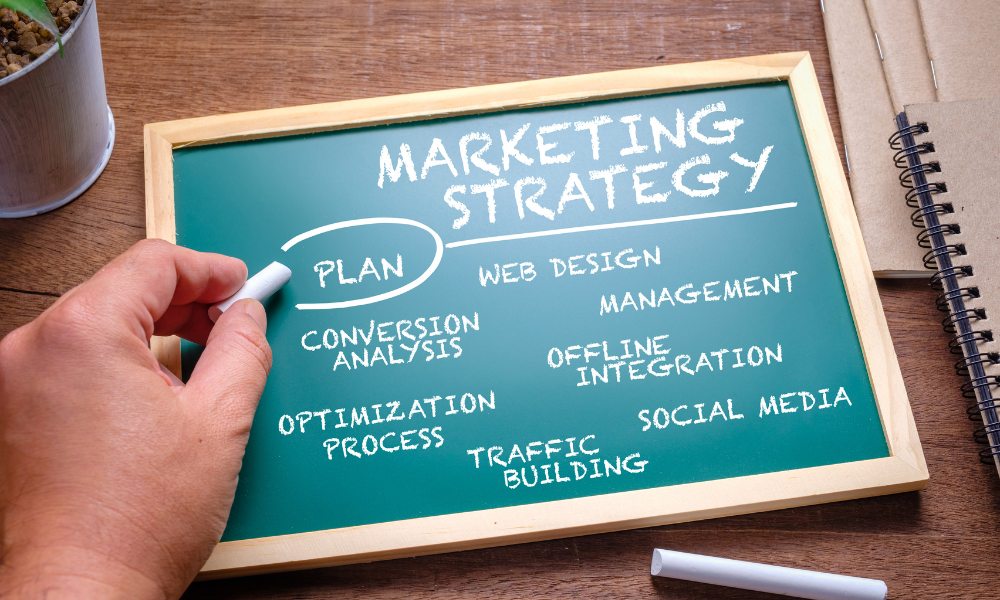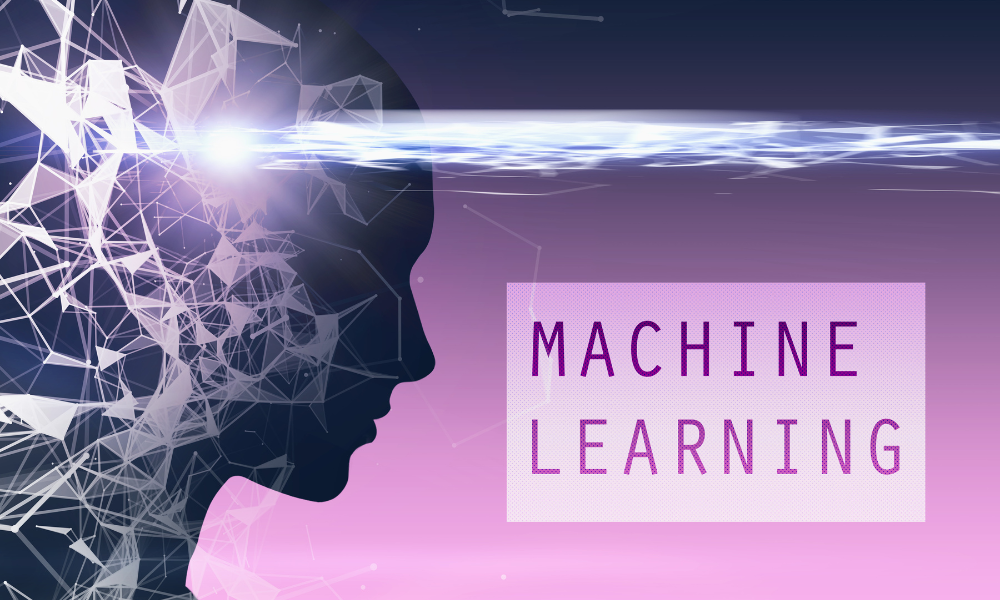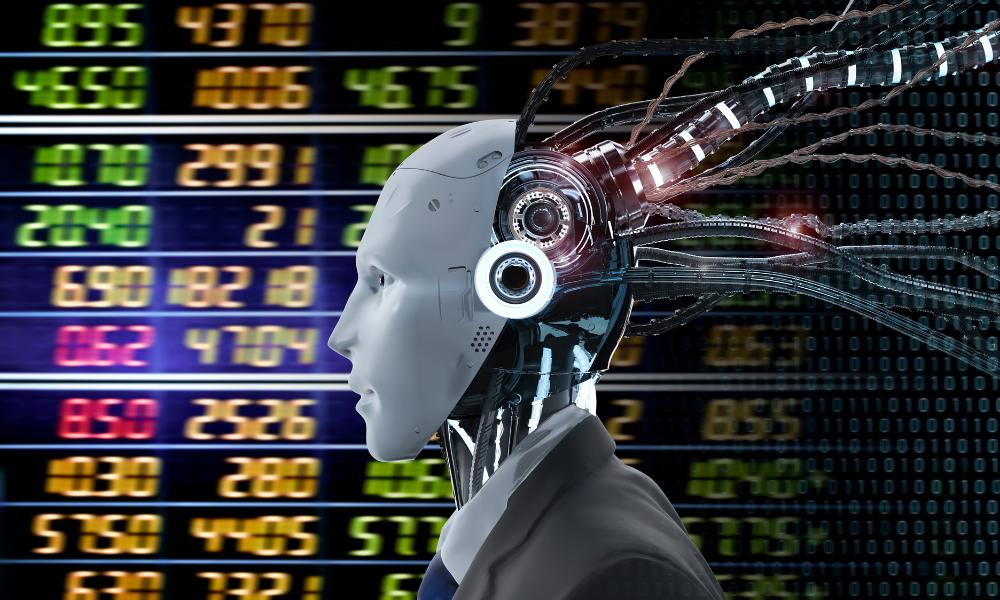From personalized customer experiences to data-driven insights, AI-powered strategies are revolutionizing the way businesses engage with their audience. In this blog, we explore the transformative impact of AI on digital marketing and the innovative strategies driving success in the evolving landscape.
-
Understanding AI in Digital Marketing:
Artificial intelligence refers to the simulation of human intelligence in machines, enabling them to perform tasks that typically require human intervention, such as learning, problem-solving, and decision-making. In the context of digital marketing, AI algorithms analyze vast amounts of data to identify patterns, predict trends, and optimize marketing campaigns in real-time. -
Personalized Customer Experiences:
One of the most significant advantages of AI in digital marketing is its ability to deliver personalized customer experiences at scale. AI-powered algorithms analyze customer data, including browsing behavior, purchase history, and preferences, to tailor marketing messages and product recommendations to individual consumers. By delivering relevant content and offers, businesses can enhance customer engagement and drive conversion rates. -
Data-Driven Insights:
AI empowers marketers with invaluable data-driven insights into consumer behavior, market trends, and campaign performance. Machine learning algorithms analyze complex datasets to uncover actionable insights, such as customer segmentation, purchase propensity, and content preferences. These insights enable marketers to make informed decisions, optimize marketing strategies, and allocate resources effectively. -
Automation and Efficiency:
AI automation streamlines repetitive marketing tasks, freeing up valuable time and resources for more strategic initiatives. Chatbots powered by natural language processing (NLP) provide instant customer support, while automated email campaigns deliver targeted messages to segmented audiences. By automating routine tasks, businesses can increase operational efficiency, improve productivity, and scale their marketing efforts more effectively. -
Predictive Analytics:
AI-driven predictive analytics enables marketers to anticipate future trends and customer behavior, enabling proactive decision-making and strategic planning. By analyzing historical data and identifying patterns, predictive models forecast future outcomes, such as sales trends, customer churn, and campaign performance. This foresight empowers marketers to adjust their strategies in advance, mitigate risks, and capitalize on emerging opportunities. -
Enhanced Content Creation:
AI technologies such as natural language generation (NLG) and image recognition are transforming content creation in digital marketing. NLG algorithms generate personalized content, including product descriptions, blog posts, and social media captions, at scale. Image recognition technology enables marketers to analyze and categorize visual content, improving searchability and relevance. -
Ethical Considerations:
While AI offers immense potential for enhancing digital marketing, it also raises ethical considerations regarding data privacy, algorithmic bias, and transparency. Marketers must prioritize ethical practices and ensure that AI-powered strategies comply with regulations and respect consumer rights. Transparency and accountability are essential to building trust and maintaining positive brand relationships in the digital age.
The future of digital marketing is undeniably intertwined with artificial intelligence. AI-powered strategies and innovations are reshaping the way businesses connect with their audience, driving personalized experiences, data-driven insights, and operational efficiency. By embracing AI technologies responsibly and ethically, businesses can stay ahead of the curve, unlock new opportunities, and thrive in the dynamic digital landscape.











